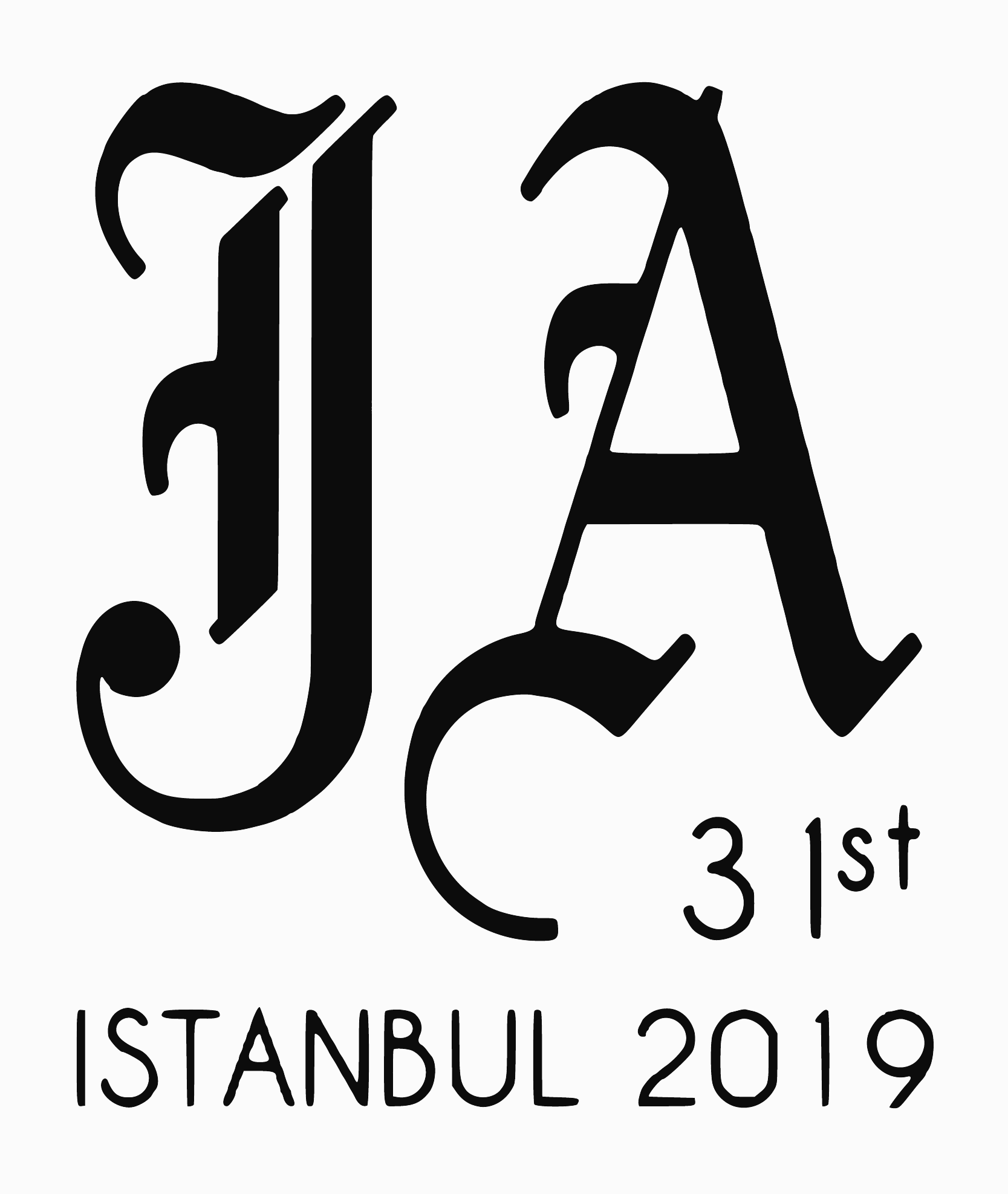|
06 Mart 2024, 15:00 
Hacettepe Üniversitesi Genel SeminerModeling and Inference Approaches for Reaction Networks Derya Altıntan Many problems in real life can be considered as reaction networks (RNs) of different species connected with multiple reactions. To understand the dynamics of these processes, two related problems have crucial importance i) modeling problem that tries to explain the dynamics of RNs via different modeling approaches and to simulate the system forwards in time ii) inference problem is an inverse problem whose aim is to infer the hidden states/parameters of the system using observed data. There are two fundamental approaches to deal with the modeling problem: deterministic and stochastic. According to the deterministic approach, RNs are continuous-time, continuous-state processes. Moreover, it uses Reaction Rate Equations (RREs), a set of Ordinary Differential Equations (ODEs), to model the state of the processes. By contrast, the stochastic approach assumes RNs as continuous-time discrete-state Markov processes and utilizes the Random Time Change Model (RTCM) to model the system’s state. Also, in the stochastic approach, the time evolution of the system’s probability density function is represented by the Chemical Master Equation (CME). Diffusion approximation can be considered as a link between these two fundamental approaches, which assumes that RNs continuous-time discrete-state processes whose state vector satisfies the Chemical Langevin Equation (CLE) and the probability density function satisfies the Fokker-Planck equation (FPE) [3]. It is well-known that the speed of reactions and the abundance of reactants in these processes cannot be classified into one category. To be more precise, RNs have a multi-scale nature. Therefore, it is necessary to develop hybrid models combining different modeling approaches. In [2], we proposed a jump-diffusion approximation that couples the stochastic approach and diffusion approximation to model the dynamics of RNs with multi-scale nature. The strategy of the model is to partition the reactions into fast and slow subgroups and model the fast group using diffusion approximation. At the same time, Markov chain representation is kept for slow groups. Therefore, we represent the system’s state as a summation of the RTCM and the CLE. Regarding the inference problem, Bayesian inference is an important tool for estimating the hidden states / parameters of RNs. In [1], we showed that the time evolution of the joint probability density function of the jump-diffusion approximation is given by the hybrid master equation (HME), which involves terms from the CME and the FPE. Also, we constructed an algorithm to approximate its solution. Based on HME, we also presented a Bayesian inference method that combines the Monte Carlo Markov Chain (MCMC) methods and Sequential Monte Carlo (SMC) methods to estimate the unknown states/parameters of the RNs modeled with jump-diffusion approximation. In this talk, based on the studies [1], [2], we give an overview of modeling approaches and the Bayesian estimation methods for RNs. References [1] D. Altıntan, H. Koeppl (2020), Hybrid Master Equation for Jump-Diffusion Approximation of [2] A. Ganguly, D. Altıntan, H. Koeppl (2015), Jump-Diffusion Approximation of Stochastic Reaction Dynamics: Error Bounds and Algorithms, Multiscale Model. Simul., vol. 13, pp. 1390–1419 [3] D. J. Wilkinson, (2018), Stochastic modelling for systems biology, Boca Raton, FL : Taylor &Francis. Yaşar Ataman Salonu, Hacettepe Üniversitesi, Matematik Bölümü htepe 28.02.2024 |
